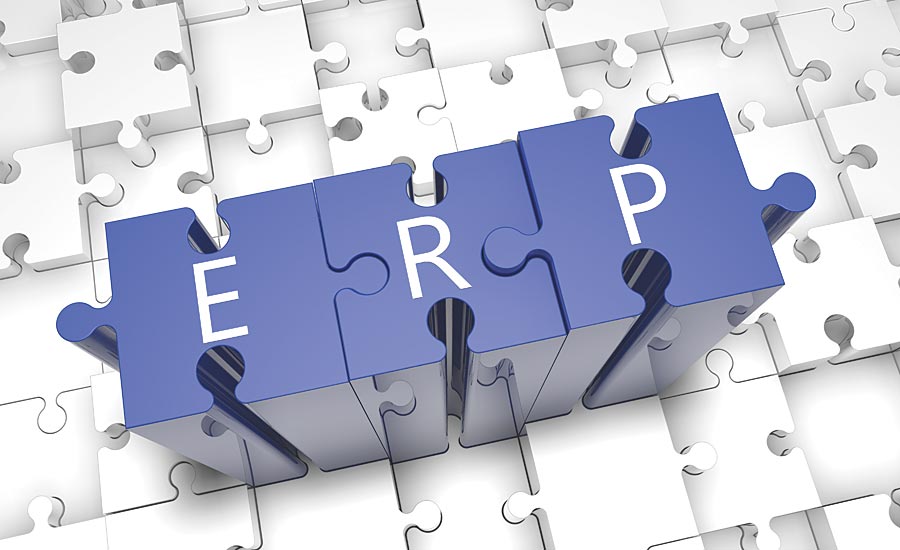Generic ERP or industry-specific ERP?
It is the never-ending debacle which many businesses in the manufacturing sector face while planning to implement an ERP solution. Thus, in today’s blog post we are going to help you figure out when should you consider industry-specific and where a generic ERP will just do the job.
A generic ERP system will provide your business with the basic functionalities across the organization. While it helps with the operations, generic ERP software comes solely focused on accounting and finances. Thus this can help small to medium scale businesses in the short run, but will eventually cost your business financially in the long run. Therefore, with a generic ERP, you end up investing more time, money, and effort in the long run.
A generic ERP software will help your business with:
- Efficient inventory management- Thus, ERP will help in making sure that the inventory is well-stocked, never under or over-stocked.
- Accounting and financial management- Thereby, streamlining and simplifying accounting and finances so that your invoices are timely processed and there is no outstanding issue
- Business Intelligence- You can thus leverage the power of data that you get from ERP. ERP manages all the different departments and helps with the data thus acquired from different sources in making a well-informed decision.
- Human resources- Thus, ERP will encourage collaboration between different departments and reduce the workload. It will provide an integrated database to understand who needs to know and report to.
- Demand planning and forecasting- Therefore, ERP will provide you with the data to help you understand the demand-supply ratio. This will help you strengthen your business with informed forecasting and decision-making.
Aside from the accounting, financial management, controlling inventory, helping human resource department, strengthening business with demand planning and forecasting, supply chain management, project management, with an industry-specific ERP your manufacturing business can leverage:
- Material requirement planning
- Price change management
- Wireless barcoding
- Automatic unit of measure conversion
- Quality management
- Regulatory compliance
- Lab recipe formula management
- Safety Data Sheet
- Certificate of Analysis creation
- Plant preventive maintenance
- Corrective Actions
Thus, with an industry-specific ERP, you get solutions tailored solutions for your manufacturing business whether it is food and beverages, pharmaceutical, nutraceuticals, or chemicals and paints. It fulfills the specific needs and requirements of the particular industry and targets its problem areas.
Before you decide whether you want to invest in a generic ERP or industry-specific ERP, it is important you understand the dynamics and complexities of your business. What output do you desire from the ERP system will ultimately decide which one should you implement in your system for the best results.

